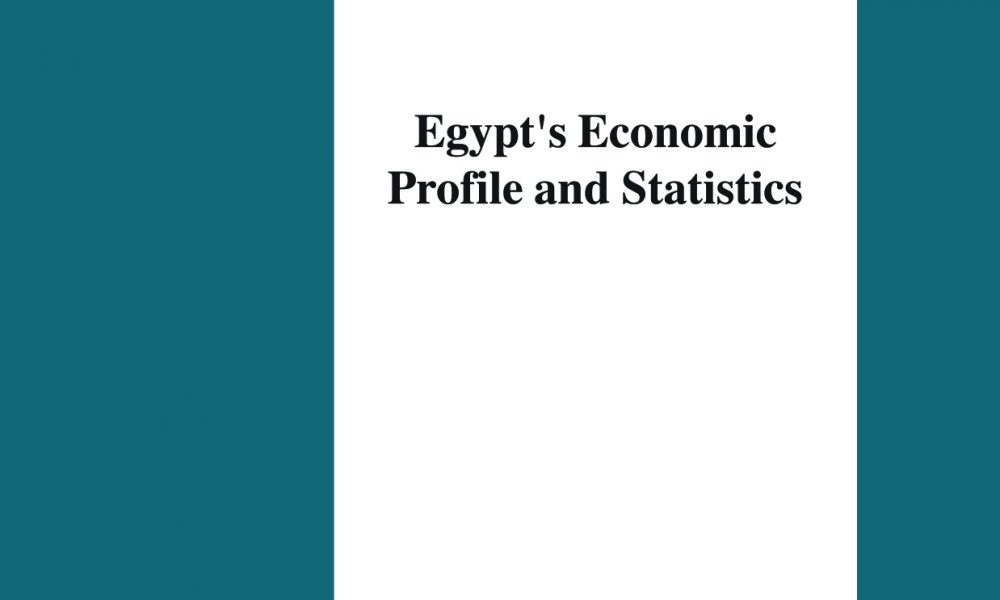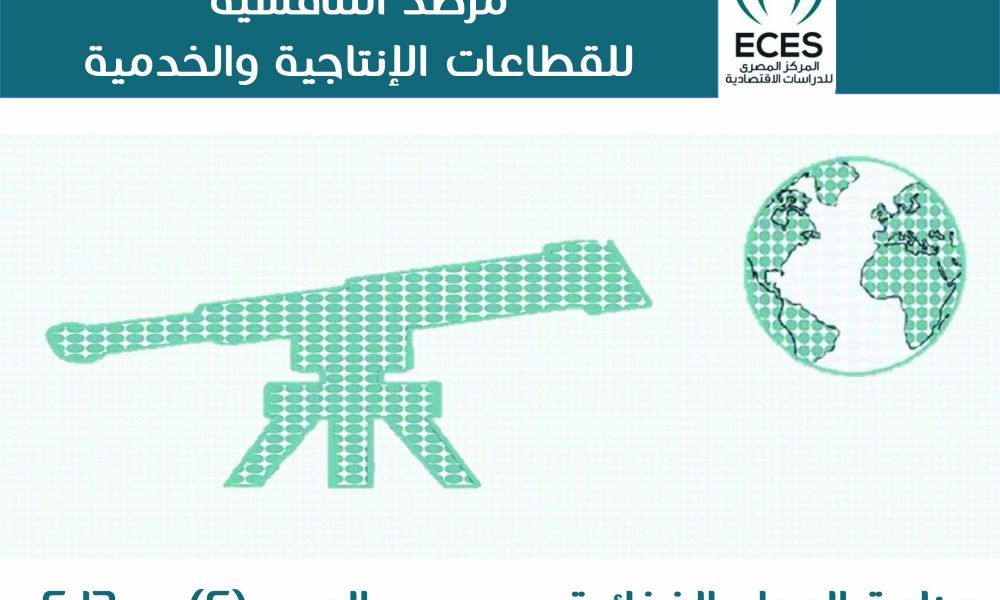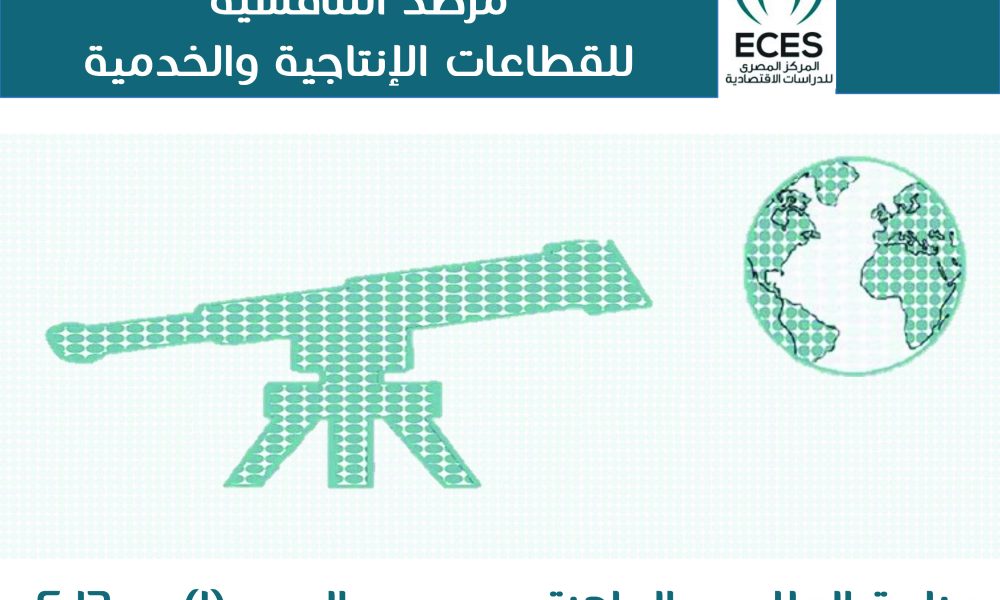Improving women’s income-earning ability contributes to promoting economic development in developing economies. The International Labor Organization (ILO) points out that paid and unpaid work by women can be a critical factor in poverty reduction in developing economies. In Egypt, while women make significant contributions as both workers and employers, they have yet to reach their […]
Abstract Scientific and human knowledge is in constant evolution, which explains the need for continuous development of curricula, teachers, teaching methods and systems of assessment in basic education. A single individual (e.g., a minister), regardless of his/her ability and experience, cannot alone meet such demands. Therefore, a basic education commission is essential to carry out […]
Intended mainly for investors and the business community, this annual publication provides summary data and information on the various aspects of the Egyptian economy.
Abstract If social justice is the secret recipe for stable countries and nations, fair taxation is the cornerstone of that social justice and the secret of civilization making. Some people believe, and rightly so, that taxes are the price they pay for civilization making. Therefore, the stability of the Egyptian society, particularly in this politically, […]
Abstract Despite the importance and centrality of the investment law in economic policy, the world has predominantly shifted over the past two decades towards adopting a concept of a more comprehensive reform of the investment climate rather than relying merely on one legislation that addresses some of the investors’ needs through exceptional guarantees and incentives. […]







